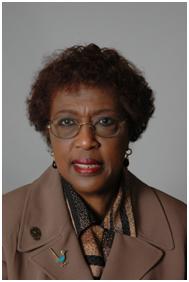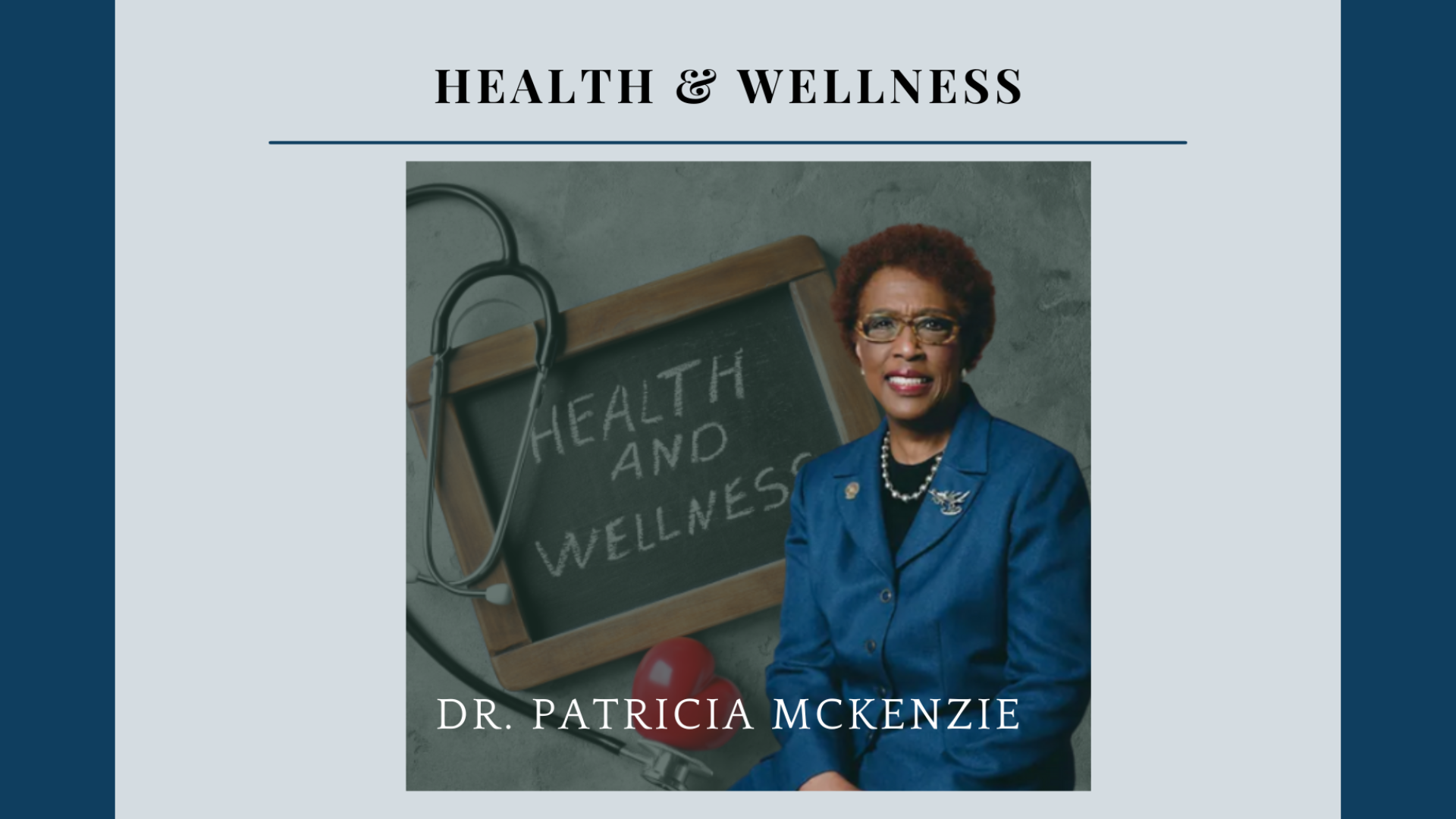
EIGHTH EPISCOPAL DISTRICT
HEALTH MINISTRY (VOL 3)

Dr. Patricia D. McKenzie
Episcopal Coordinator for Health Ministries
Social Share
PART I.
NATIONAL HEALTH OBSERVANCES FOR MARCH 2023
A. National Kidney Month
Source: National Kidney Foundation (NKF).www.kidney.org
FACTS:
“33% of adults in the U.S. are at risk for kidney
disease; 37 million people have chronic kidney disease (CKD). Heart disease is the
primary cause of death for all people with CKD. 660,000 people are waiting for a
kidney transplant. Persons with CKD may develop complications as hypertension,
anemia, weak bones, poor nutritional health, and nerve damage. Diabetes and
hypertension are responsibility for two-thirds of CKD. Anyone can get CKD at any age.
You may have an increased risk for kidney disease if you have-diabetes, hypertension,
family history of kidney failure, older, belong to a population with high rate of
diabetes or hypertension as African Americans and Hispanic Americans. Many people
don’t have symptoms until kidney disease is advanced. If symptoms develop, may
notice tired and less energy, trouble concentrating, poor appetite, trouble sleeping,
muscle cramping at night, swollen feet and ankles, puffiness around the eyes
especially in the morning, dry itchy skin, need to urinate more often especially at
night. Your Dr. will check your kidney function using blood and urine tests. The
treatment plan may include a special diet, exercise and even dialysis and transplant.
Your health care provider will monitor your kidney function to make these decisions.
Today palliative care is offered by a team of specialist, doctors, nurses and social
workers may work with patients to improve their quality of life. Talk to your primary
care physician about this option. There is a Palliative Care Directory,
www.getpalliativecare.org. You may speak with a specialist, contact the Foundation
at 855-653-2273 or nkfcares@kidney.org.”
B. Multiple Sclerosis (MS) Education and Awareness Month
Source: Multiple Sclerosis Foundation. https://msfocus.org
FACTS:
“ MS isa chronic
neurological condition that affects the central nervous system which is the brain and
spinal cord. No one knows the direct cause-yet. It is believed that several factors play
a role to influence this autoimmune disease. The immune system normally protects
the body from disease and infection, but something causes the body to mistakenly
attack and harm itself. Another theory is that a viral infection encountered before the
age of 15 can cause the disease to develop in later life. Environmental factors
suspected include decreased sunlight and lower levels of vitamin D. 2. MS is not
hereditary, but if a parent or sibling has MS, this increases the likely occurrence to
25%. 3. MS can affect people of any age, gender and any ethnic background.
However, it is more common in women and more frequent in Caucasians than
African Americans or Hispanics. 4. It is commonly diagnosed between the ages of 20
and 40, but has developed in young children, teens and older adults. There are more
cases in the northern states, twice as many as the southern states. 5. In 2017, close
to 1 million people in the U.S. were living with MS. 6. It has no specific warning signs.
The early symptoms include sudden decrease in, blurred double vision, numbness or
tingling in the body or limbs, changes in balance or coordination, weakness in the
arms or legs, and heat sensitivity. 7. If any of the symptoms develop, consult your
health care provider immediately. 8. MS is unpredictable and no two cases are
exactly the same. Expect good day and bad days. 9. If the person I diagnosed with
progressive MS, expect a steady worsening of symptoms. 10. The best plan of care
includes beginning early treatment, adhering to the medication schedule, managing
sleep and stress, eating well, staying active and quitting tobacco.”
C. Brain Injury Awareness Month
Source: Brain Injury Association of America. https://www.biauso.org
FACTS:
“ The Theme-More Than My Brain Injury.
FACTS: “1.There are more than 5.3 million individuals in
the U.S. who are living with permanent brain injury and related disability. That is one
in every 60 people. At least 2.8 million Americans sustain traumatic brain injury every
year. 2. The types of injuries-Acquired brain injury (ABI) occurs after birth; Traumatic
is caused by external force and Non-traumatic is caused by a lack of oxygen, tumor
growth and exposure to toxins. 3. Common causes-Traumatic include falls, motor
vehicles accidents, sport gunshot wounds, child abuse, and domestic violence; Non-
traumatic includes stroke with hemorrhaging, infectious diseases, seizures, drowning,
drug overdose, and carbon monoxide. 4. After the injury, symptoms include
temporary loss of consciousness or coma, respiratory problems and damaged motor
functions. Other signs include irritability and even aggression. New nerves do not
grow in ways that lead to full recovery. Resource: For brain injury information only-
call an expert at 1-800-444-6443.”
PART II.
HEALING AIDS FROM THE BALM IN GILEAD
Source:
Click on Education and Inspiration and find to topics-Sunday Morning Health Corner and Resources
Facts:
PART III.
CENTER FOR DISEASE CONTROL AND PREVENTION
Health Topic-“Colorectal Cancer Awareness Month
FACTS:
Archives


HEALTH MINISTRY IN THE EIGHTH EPISCOPAL DISTRICT (VOL 3-2024)

HEALTH MINISTRY IN THE EIGHTH EPISCOPAL DISTRICT (VOL 1-2024)

HEALTH MINISTRY IN THE EIGHTH EPISCOPAL DISTRICT (VOL 12-2023)

HEALTH MINISTRY IN THE EIGHTH EPISCOPAL DISTRICT (VOL 11 2023)

